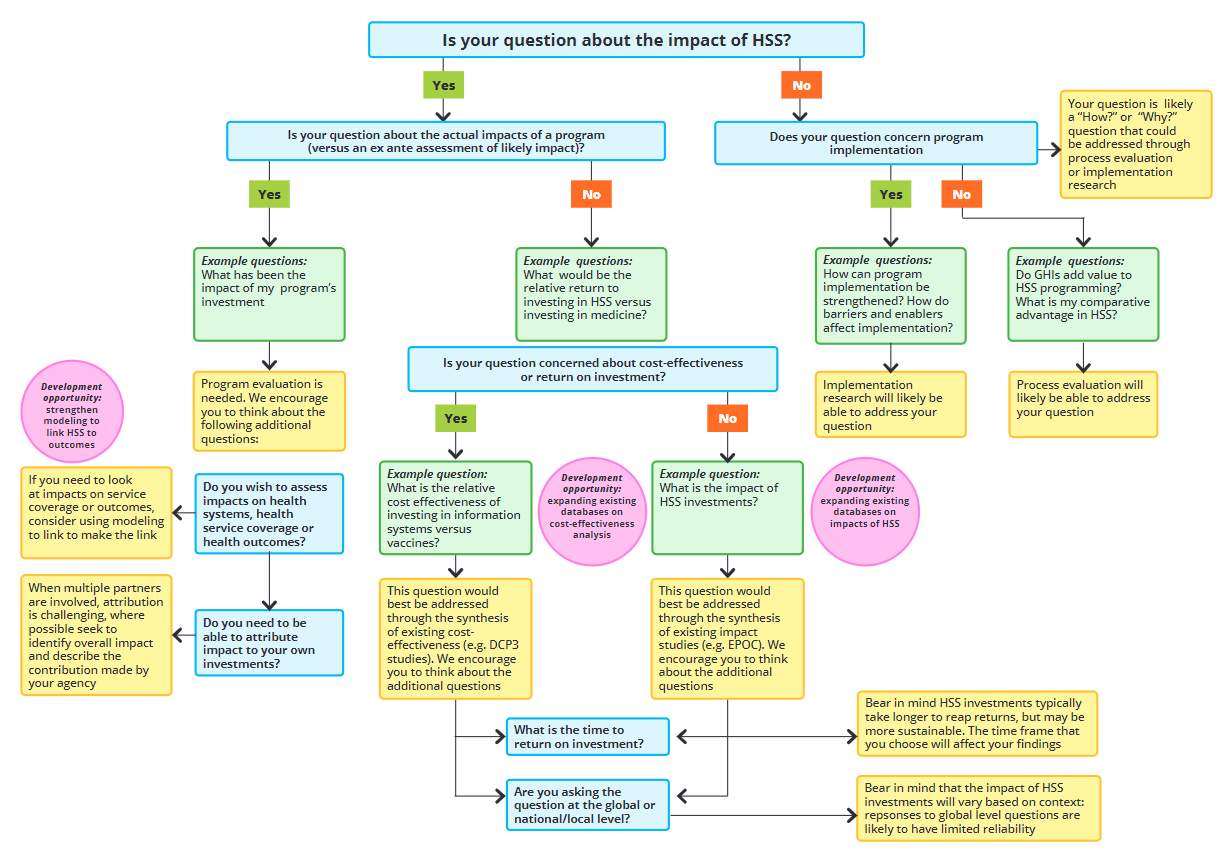Health systems play a vital role in ensuring sustainable improvements to health outcomes.
Investment in health systems require robust methods for evaluating and understanding their effects, so that they can be better designed, understood and managed.
Against this backdrop, Itad was commissioned to convene the Health Systems Strengthening Evaluation Collaborative (HSSEC) to work with stakeholders to develop a shared agenda and approach for more effective HSS evaluations.
About the programme – the challenge
HSS evaluation is a developing and historically underfunded field that faces several challenges. Health systems are complex and varied, and there is a lack of clarity on the precise meaning of HSS. It is also difficult to attribute outcomes to particular investments.
Recent work to define and evaluate HSS has highlighted both a lack of consensus on what constitutes HSS and a lack of comprehensive evaluation frameworks for HSS interventions. Approaches to evaluating HSS are still in their infancy, which is especially challenging for work that needs to compare findings across countries or approaches.
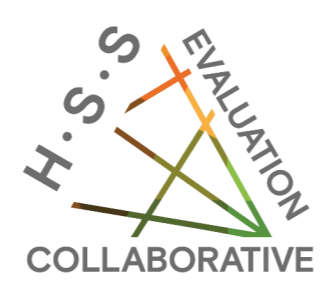
Convened by Itad, the HSS Evaluation Collaborative was formed to work with HSS evaluation stakeholders to develop a focused, common agenda and a shared understanding of how to tackle their HSS evaluation needs.
A varied group of stakeholders have driven the strategic direction of this work and its outputs. The core stakeholders in the Collaborative include The Bill & Melinda Gates Foundation, The Global Fund for Aids, TB and Malaria, USAID, the World Bank, The Global Financing Facility and the Global Alliance for Vaccines Initiative.
Other key stakeholders are country-level HSS actors and the evaluation/academic community.
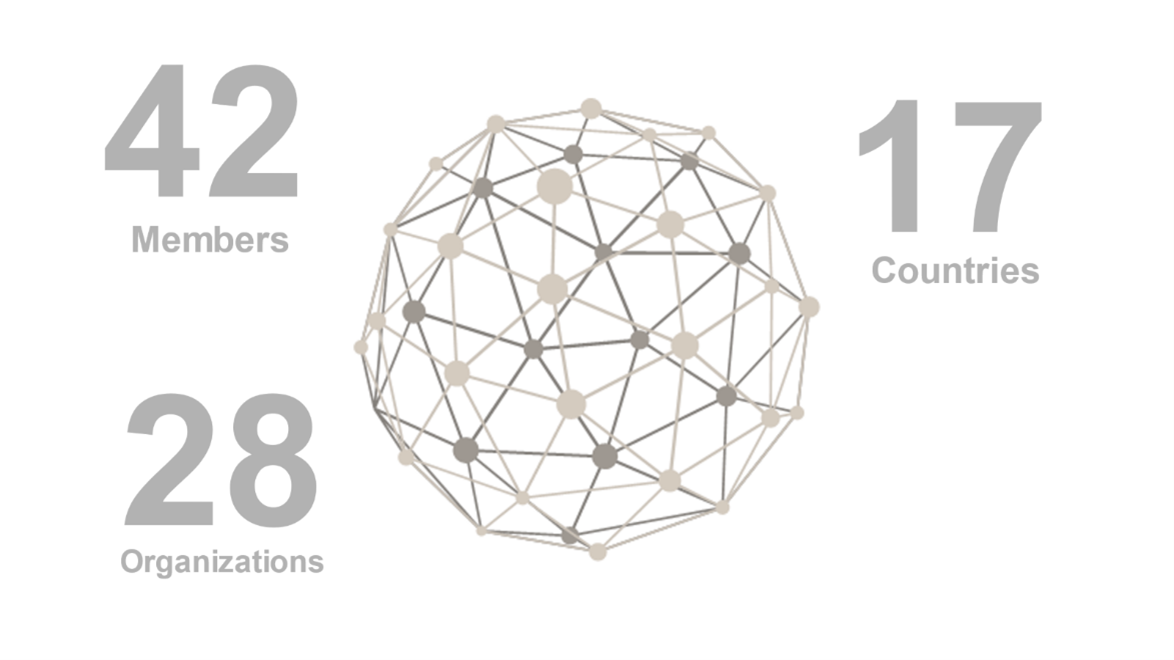
Findings and recommendations
HSSEC Knowledge Sharing Event
We were joined by esteemed colleagues from the following organisations, to discuss Better evaluations of Health System Strengthening:
- Kieran Daly, Director of Global Funds and Agencies, Bill & Melinda Gates Foundation
- Alex de Jonquieres, Head of HSIS, Gavi
- Mai Hijazi, Director of the Office of Health Systems, USAID Bureau for Global Health
- Shun Mabuchi, Head of RSSH, The Global Fund
- Peter Meredith Hansen, Head of Results and Learning, Global Financing Facility
If you were not able to join us, please watch the full webinar here.
Video: Collective impact to improve Health Systems Strengthening
Our collective learnings and recommendations from the project are summarised in the full-length HSSEC Video.
Watch the trailer below:
Watch the full video
We are pleased to share with you the recent publication from the HSSEC Working Group 1 members titled: How do we design and evaluate health system strengthening? Collaborative development of a set of health system process goals now available to the public.
Please follow this link to read further: https://onlinelibrary.wiley.com/doi/10.1002/hpm.3607
To improve the understanding, performance and quality of HSS evaluations, the HSS Evaluation Collaborative recommends:

Developing a stronger and more consistent definition of HSS to enable greater understanding of this field and allow evaluations to be better framed.
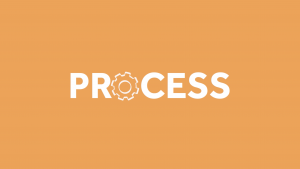
Applying a framework, similar to that developed and shared during the HSS Evaluation Collaborative project, which is designed to help funders and commissioners better understand how a health system gets stronger, and therefore what goals should be considered when designing both interventions and evaluations to assess short term and focused investment, and overall health system reforms.
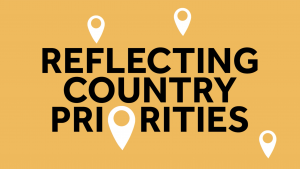
To support the interests of national stakeholders as far as possible, external or international funders of HSS evaluations should:
- Design their work in such a way that involves participatory, Inclusive consultation with country stakeholders;
- Reflect on the questions that countries are already interested in asking;
- Builds capacity for HSS evaluation;
- Be carried out in a way that strengthens the health system rather than extracts data from it.

Applying a systematic approach to consider what is appropriate for different evidence needs, and how to improve evaluation design to achieve the right results.
This includes looking at what questions are being asked as part of the HSS evaluation and exploring how best to answer them, drawing from the wide range of existing research methods and expertise available.
For example, are you interested in learning about the performance of the whole system, the impact of your investment, or the implementation? What level of changes are you expecting to see and, therefore, to what extent is the programme that you are funding supporting HSS?
View and download all outputs linked to this work.
Decision tree
This decision tree is a product of the HSSEC and provides a framework to follow when planning HSS evaluations.
